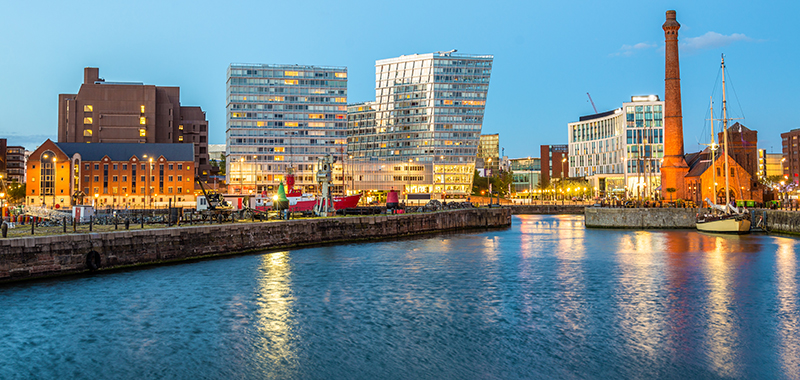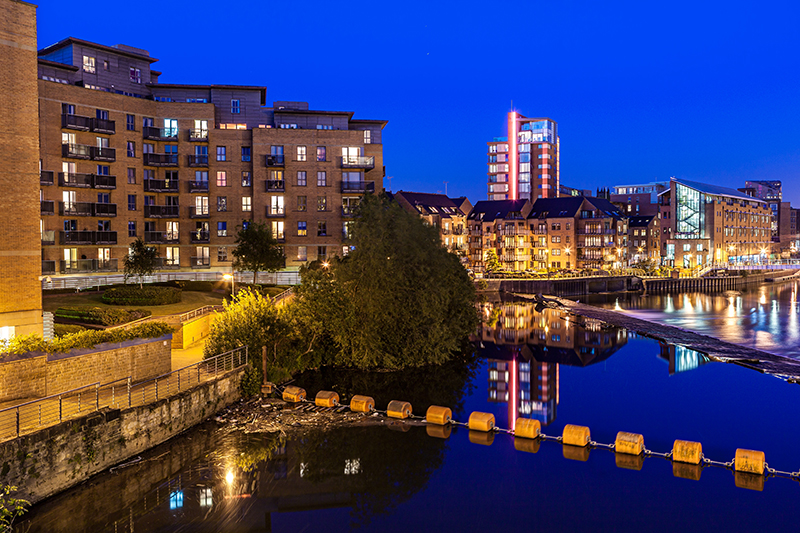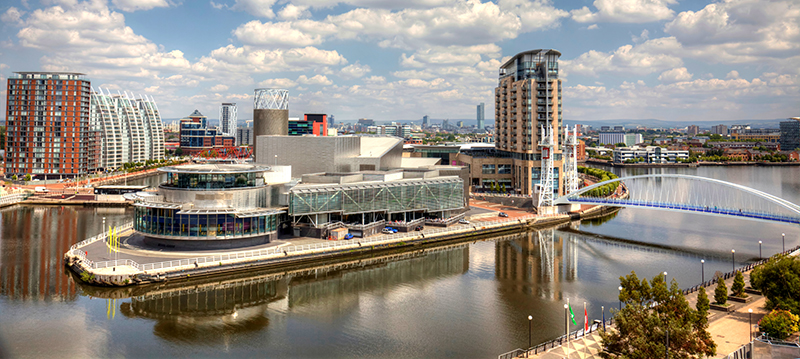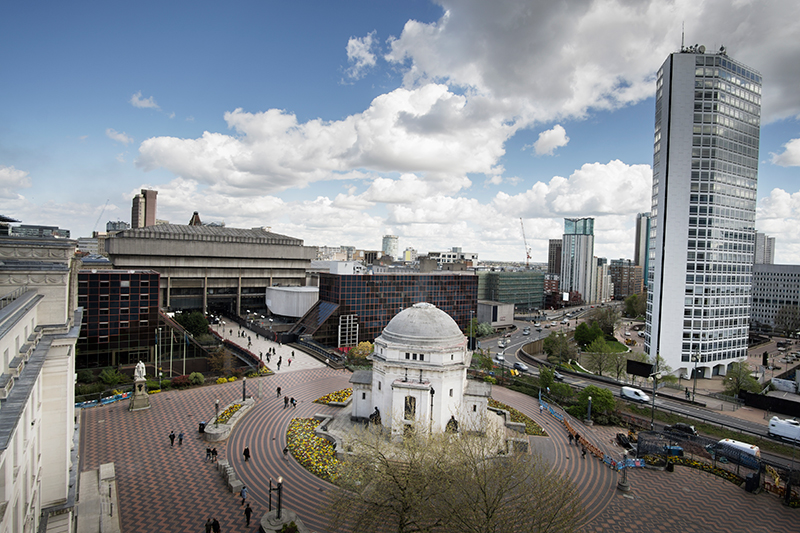
Use this free tool to compare fixed rates side by side against variable rate mortgages and interest-only home loans.
If you're looking into buying a house in the United Kingdom, you know there are a variety of options available. Choose the best one can be hard if you don't know the most popular options and their terms. While it is a good idea to research beforehand, this article will take a lot of the work out of this task and do it for you. We will discuss the most popular mortgage options and their terms, and government assistance programs that help with down payments and various incentives. We will also talk about market trends and the process with steps to take if you default on your mortgage.

The UK has a large variety of mortgages available for all kinds of people, however the most popular appeal to everyone. The mortgage market here is one of the most competitive in the world, and they offer some of the most innovative mortgages found anywhere. You can get mortgages from traditional lenders like banks, as well as non-traditional lenders like building societies. There are also several interest types to consider as well.
A 100 Percent Mortgage is where a buyer will receive a loan for 100 percent of the property's value without a down payment. This mortgage type always carries a high-interest rate, and they are usually offered to first-time home buyers with little to no cash in hand. The lender may also ask for collateral from the person buying the loan. This collateral can be in the form of stocks or bonds. If you default, the lender can liquidate the collateral to cover the cost of the loan.
The first type of popular mortgage available is a Cashback Mortgage. This mortgage is typically used by first-time homebuyers who are looking to break into the market and purchase their first home. These work by the person who is seeking to buy the loan chooses this package. Once they have successfully purchased a house, they will get a lump sum of cash back. This lump sum is usually provided to the person as a 5 percent allowance for the total loan.
A Capped Rate Mortgage is also another popular mortgage type. A capped rate mortgage puts a maximum amount that your interest rate can go to and no higher. This helps to keep your payments lower over a period of time. This period can last anywhere from two to five years. They are a variable rate, and this means you payments might even go lower than normal depending on whether or not the rates go down. Once the introductory period is over, your payments will switch to your lender's standard variable rate and stay there. You do have the option to remortgage to a new price if you're having problems with the standard variable rate.
A Discount Rate Mortgage is a mortgage where you pay a lower than the normal standard variable rate for a set number of years. So if your lender had a 5 percent standard variable rate, and this mortgage gave you a 2 percent discount, you would pay 3 percent. However, if your lender's standard variable rate rises, so will the percent you have to pay. If it raises to 7 percent, your rate would go to 5 percent, and so on.
A Fixed Rate Mortgage is a mortgage option where both your interest rate and monthly payment amount stay the same for a preset period of time. This period is usually between two and five years, but there are some ten-year options available as well. Once this time ends, you are automatically transferred to the lender's standard variable rate.
Financial comparison sites can help you get an idea of the costs associated with various loans & advisors can help you select the option that best fits your needs.
These loans are for landlords who are buying houses or flats they intend to let. BTL loans are governed by many of the same rules as the above mortgages, however they are not regulated by the Financial Conduct Authority. Other key differences:

Aside from having and credit score requirement for a particular type of loan, you have to take Loan-to-Value Ratio (LTV) ratio into consideration as well.
You get your LTV ratio by dividing how much your loan is by the property value. Lenders prefer a higher downpayments & a lower LTV value because the existing equity provides them a layer of protection from volatility in housing prices. The lower the LTV is, the less they'll have to make up if the property is foreclosed on. If you have a lower LTV ratio with poor credit or repayment history, a lender will be more willing to work with you and give you the loan. The lower this ratio is, the better interest rate you can qualify for.
For example, a person borrowing £90,000 could pay anywhere between £398.79 & £450.08 depending on the loan LTV.
| Home Price | Downpayment | Loan | LTV | Initial APR | Initial Payment |
|---|---|---|---|---|---|
| £160,000 | £70,000 | £90,000 | 56% | 2.39% | £398.79 |
| £120,000 | £30,000 | £90,000 | 75% | 2.64% | £410.13 |
| £100,000 | £10,000 | £90,000 | 90% | 3.49% | £450.08 |
It is worth checking your score & fixing any issues on your report at least a year before buying a home. Almost all of the above listed loan types have a minimum credit score requirement as well, with better rates being given the higher your credit score is. Experian's scores range from 0 to 999 with an average score across the UK of 757. Here are other average scores across the UK in 2016.

| City | Average Experian Score | Edinburgh | 807 |
|---|---|
| London | 780 |
| Bristol | 780 |
| Cardiff | 737 |
| Leeds | 735 |
| Glasgow | 735 |
| Manchester | 721 |
| Birmingham | 719 |
| Liverpool | 716 |
| Swansea | 707 |
| Bradford | 706 |

You have to also keep your total debt load & monthly debt-to-income ratio in mind. Many lenders require that a borrower has no more than 45 percent of their monthly income dedicated to debt like student loan or credit card bills. In 2014 the Bank of England imposed new mortgage controls to limit mortgages with a loan-to-income ratio of 4.5 to a maximum of 15% of mortgages issued.
The final thing most lenders look at is your employment history. They like to see steady employment for over two years at one job. If you've been at your current job for over two years, they'll be more willing to work with you because it shows you have a steady income.

The government can provide support for people who are considering buying a home. This can be in the form of down payment assistance and various grants.
If you're still not sure which government scheme would best suit your circumstances, you can click here and input your information. The site will pull up the schemes that relate best to your circumstances.

The UK housing market is doing very well despite the Brexit vote, and it is showing continued but subdued growth. According to PricewaterhouseCoopers, property prices will continue to slowly rise over the next couple of years, with the lenders keeping interest rates on hold for a short period. They are expected to begin rising in early 2018. The Guardian reports that buying houses has slowed slightly due to the shortage of homes available for purchase. They are still predicting a 6 percent growth by the end of the year.

Northhampton is currently one of the hottest real estate markets in the UK. The houses that do go on the market are only there for an average of 27 days before offers are made. Sutton is the second quickest moving market, with homes being on the market for an average of 28 days before an offer is made. The average days for a home to be on the market before an offer is made in the UK is 47 days. If we go by region, homes in both the East and Southeast of England are bought the quickest, with an average of 42 days listed. It is recommended that before listing a property for sale, the current owner put large items in storage units, and spruce of the front property so it's attractive to potential buyers. You want to catch their eye as soon as possible so you can move the property quickly.
There are several areas in the UK where the home buying market is currently affordable. Cumbria is ranked as one of the most affordable real estate markets, as well as the happiest. The average home price on the market here is £125,553. Ribble Valley is second on the list for affordability. On average, a home goes for £205,014. The final affordable place to live in the UK is Cambridgeshire. The average property price will run you around £473,910. These three areas are also listed as three of the happiest places to live.
If you find yourself having problems paying your mortgage payment, or paying it on time, you could be in danger of defaulting on it. If you pay less than the amount that is owed each month, you're technically in default. This can cost you extra money in fees on top of your existing balance.
Late Fees
The first fee that will get added on to your existing balance is a late fee for each time you're late on a payment. These fees can quickly add up to hundreds or thousands of extra dollars added on to your mortgage cost.
Default-Related Extra Fees
There are also numerous extra fees that are related to letting your mortgage go into default. It is up to your lender which fees end up getting applied to your overall balance, but a few of them are listed below.
Credit Score Damage
Your mortgage lender will report your late and missed payments to the three major credit bureaus. Once this report goes on your credit history, it will lower your score by a considerable amount. The longer you let it go, the more it can damage your score.
Foreclosure
The final part of defaulting on your mortgage is the foreclosure process. The lender can also take you to court over this, so there could be more fees added. This is also a public record, so if you have a foreclosure listed, it will make it very difficult to get approved for another mortgage.
You should contact your lender as soon as you have trouble paying your mortgage. It is a good idea to pay as much of the defaulted balance as possible as soon as you can. Your lender may have other processes or steps they can do to help you recover your mortgage. The longer you wait, the harder this process will be.
This article has gone over several popular UK mortgages, as well as qualifications and LTV ratios. We also talked about government assistance programs and areas of affordable markets. We touched on hot real estate areas and trends, as well the steps once you default on your mortgage. Finally, we talked about possible default recovery and what that means for the home buyer. If you do your research and use this article as a guide, you should have an easier time choosing the correct mortgage to suit your needs and situation.